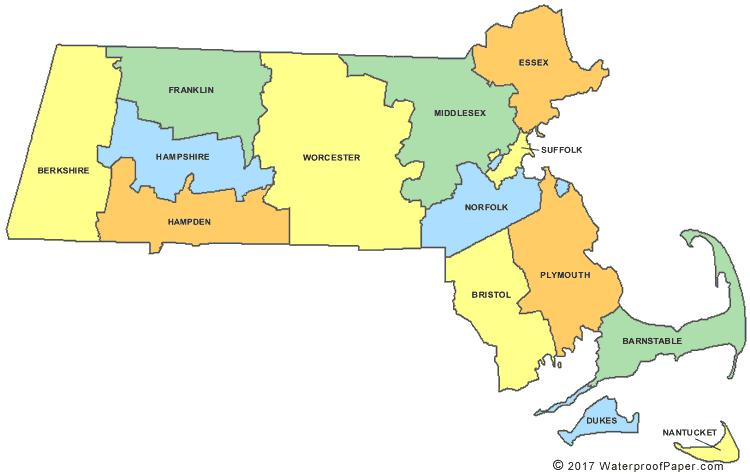Quock Walker, an American slave, sued for and won his freedom in June 1781 based on a new Massachusetts Constitution (1780) which declared all men to be born free and equal. Walker was born in central Massachusetts near the town of Barre in 1753 to slaves Mingo and Dinah who were Ghanaian-born. Walker is believed to be name Kwaku in Akan meaning “for boy born on Wednesday,” a traditional day-naming practice among the Akan people.
In 1754 Walker’s entire family was bought by James Caldwell of Worcester County, Massachusetts. Walker was promised his freedom by Caldwell once he reached the age of twenty-five. Caldwell died, however, when Walker was ten, but Caldwell’s widow renewed the promise although changing the age of manumission to twenty-one. The widowed Mrs. Caldwell married Nathaniel Jennison in 1763 and died about 1772 when Walker was nineteen years old. When he turned twenty-one, Jennison refused to let him go. In 1781 Walker, at twenty-eight, ran away from Jennison and went to work at a nearby farm that belonged to Seth and John Caldwell, who were brothers of Walker’s former owner, James Caldwell. Jennison retrieved Walker and beat him severely as punishment for running away. Soon after, Walker sued Jennison for battery, and Jennison sued the Caldwell’s for enticing Walker away from him.
Three trials related to these events—two, civil, and one, criminal—took place against the backdrop of the American Revolution. The two civil cases: Jennison v. Caldwell and Quock Walker v. Jennison were heard by the Worcester County Court of Common Pleas on June 12, 1781. In the Jennison v. Caldwell case, Jennison argued that Caldwell had enticed away his employee Walker. The court found in Jennison’s favor, awarding him 25 pounds. The Quock Walker v. Jennison case, opened by the plaintiff’s attorney, considered the question of a previous master’s promise to free Walker after his master died. Walker’s lawyers argued that the concept of slavery was contrary to the bible and the new Massachusetts Constitution (1780). The jury decided that Walker was a free man under the constitution and awarded him 50 pounds in damages.
Jennison’s appeal of Walker’s freedom was tossed out in September 1781 by the Massachusetts Supreme Judicial Court because Jennison failed to appear, and his lawyers did not submit the required court papers. The Caldwells won the other appeal; a jury concurred that Walker was a free man, and therefore the defendants were entitled to employ him.
In September 1781, a third case was filed by the Massachusetts Attorney General against Jennison called Commonwealth v. Jennison for the criminal assault and battery of Walker. The trial also came before the Supreme Judicial Court of Massachusetts in April 1783. Jennison argued that Walker was a runaway slave, but Walker’s attorneys argued that the Massachusetts Constitution made slavery illegal in 1780. Chief Justice William Cushing accepted the Walker argument and instructed the jury that whether Walker had been freed or not was irrelevant because slavery was no longer constitutional. The jury convicted Jennison who was fined 40 shillings. Nothing is known of Walker’s life after he received his freedom. The date of his death is unknown.

